Life on the inside: 10 coronavirus myths tackled by a GP
Dr Gero Baiarda is an NHS GP currently on call at GPDQ.

The coronavirus outbreak has lead to an avalanche of health information being shared on TV, radio and the internet.
Such is the quantity of advice out there, it can be hard for people to stay on top of the facts around the virus.
Dr Gero Baiarda, an NHS GP currently on call at GPDQ – a GP-on-demand service, has outlined what he believes are 10 myths that need tackling:
– 1. Coronavirus is a living organism
The virus, officially named Sars-CoV-2, is technically “not alive”, Dr Baiarda said.
He explained that the virus is simply “a protein super molecule rather than a living organism”.
Dr Baiarda suggested that as a result you “cannot kill” the virus, but that does not mean it cannot be destroyed or allowed to decay.
“The time it takes to break down depends on the environmental temperature, humidity and type of material upon which it settles,” he explained.
– 2. People are most contagious before they even know they have the virus
“This is untrue,” Dr Baiarda argued.
He explained that the virus invades, infects and destroys cells, allowing millions of new viruses to be created that can be passed on to others or shed on surfaces.
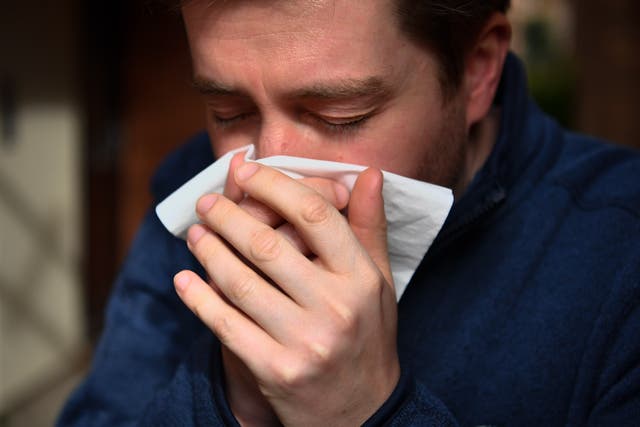
“Spread is most effective, therefore, in coughed droplets. Patients who are asymptomatic can, however, pass on the virus as soon as they are infected.”
– 3. Sars-CoV-2 is a hardy virus
According to Dr Baiarda, the virus is in fact “surprisingly fragile”, with its only protection being a “thin outer layer of lipid or fat”.
“That is why any soap or detergent, both of which break down fat, will destroy it – even washing up liquid works well,” he explained.
It is also why it is so important that we all keep washing our hands regularly with soap and water.
– 4. If delivery drivers wear gloves, they will not spread it
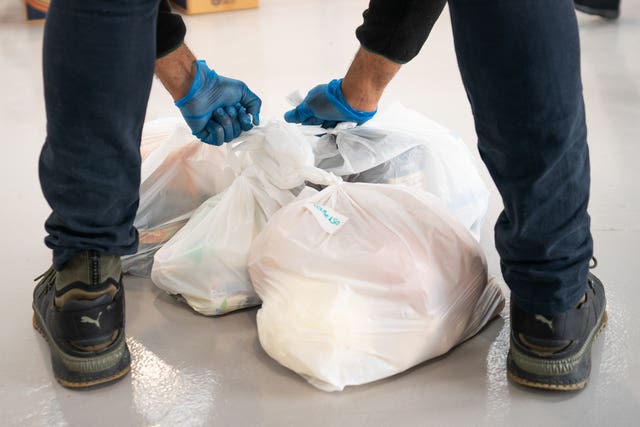
“This is wrong. Every item that a gloved hand touches can then be contaminated,” Dr Baiarda warned.
He highlighted a recent study from the New England Journal of Medicine which found the virus can survive for several hours on cardboard.
“To stay safe, the best advice is not to touch the parcel until ideally the following day,” he said.
– 5. The virus cannot be passed on by food
This appears to be an area up for some debate, as Dr Baiarda adopts a stricter approach to the risks posed by food than other experts.
Public Health England and the Food Standards Agency say you are “very unlikely” to catch the virus through food or via food packaging.
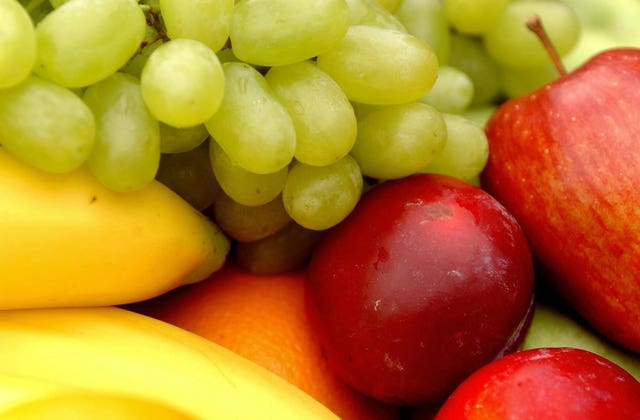
Dr Baiarda acknowledges transmission through food is less likely than other means, but argues it is “definitely still possible”.
“If someone who has the virus on their hands touches food, it is very likely to become contaminated for many hours,” he said.
“To denature and inactivate the virus, food should either be washed or cooked at 65 degrees Celsius at least for four minutes or more.”
– 6. Sanitiser with 60% alcohol is as effective as washing your hands in soap and water
“Wrong. Squirting a little bit of alcohol gel on your palms and rubbing them together is not effective,” Dr Baiarda argued.
“You need to cover the entire surface of both hands including fingers and thumbs, but this should be done only after the hands are free of any residues – such as after sneezing.
“The small bottles of sanitiser are part of the problem, as people assume a small amount is ample.”
– 7. Drinking alcohol will prevent people from getting the virus
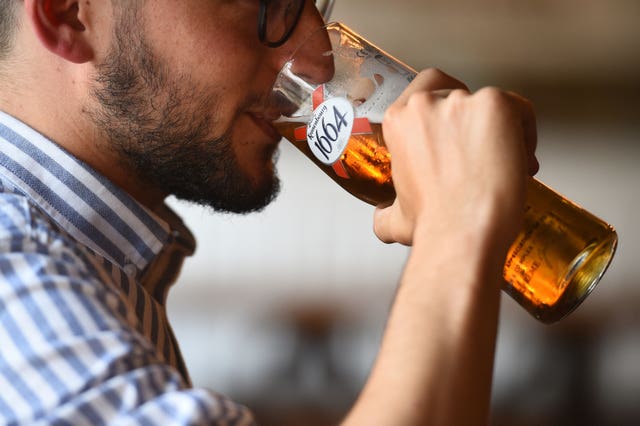
Sadly for those who enjoy a little tipple, this is not true.
The only alcohol helping to stop the spread of the virus is that found in hand sanitiser.
Dr Baiarda emphasised: “This is only for external use, and even then, it is only effective if it has a concentration of 60% or above, if you use enough, and in the right way.”
– 8. Moisturising hands after washing reduces cleanliness
Dr Baiarda said: “Incorrect. Moisturising the skin is very important.
“The virus can lodge itself in damaged skin on your hands cracked by repeated washing, so it’s important to try to avoid this.
“Keeping fingernails short will reduce the risk of sheltering and passing on the virus too.”
– 9. Washing hands is not as important when self-isolating, as you are all virus-free
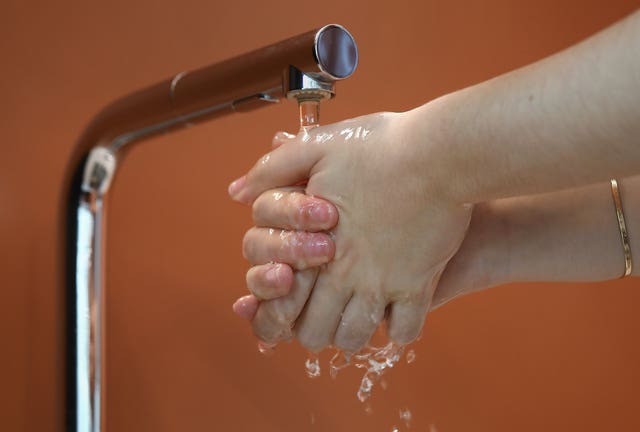
Dr Bairada argued this perspective is simply “wrong”.
If you are bringing in shopping, deliveries and post into your home, then washing your hands remains important.
“Every time you wash your hands you will break the chain of infection. If in doubt, give them a wash,” he added.
This means for at least 20 seconds, with warm, soapy water and then ideally using disposable paper towels rather than a communal one.
If using towels, try to stick to one per person and wash them daily, Dr Baiarda advised.
– 10. Vinegar is good for keeping bathrooms and kitchens free of the virus
“Incorrect. Vinegar will not work against Sars-CoV-2 and is not advised,” Dr Baiarda said.
“The cleaning of bathrooms, kitchens and surfaces is still best carried out with hot water from the tap and a surface detergent as you have always done.”
Dr Baiarda said people seeking to disinfect shared areas in a home can use a dilution of household bleach or hydrogen peroxide.





